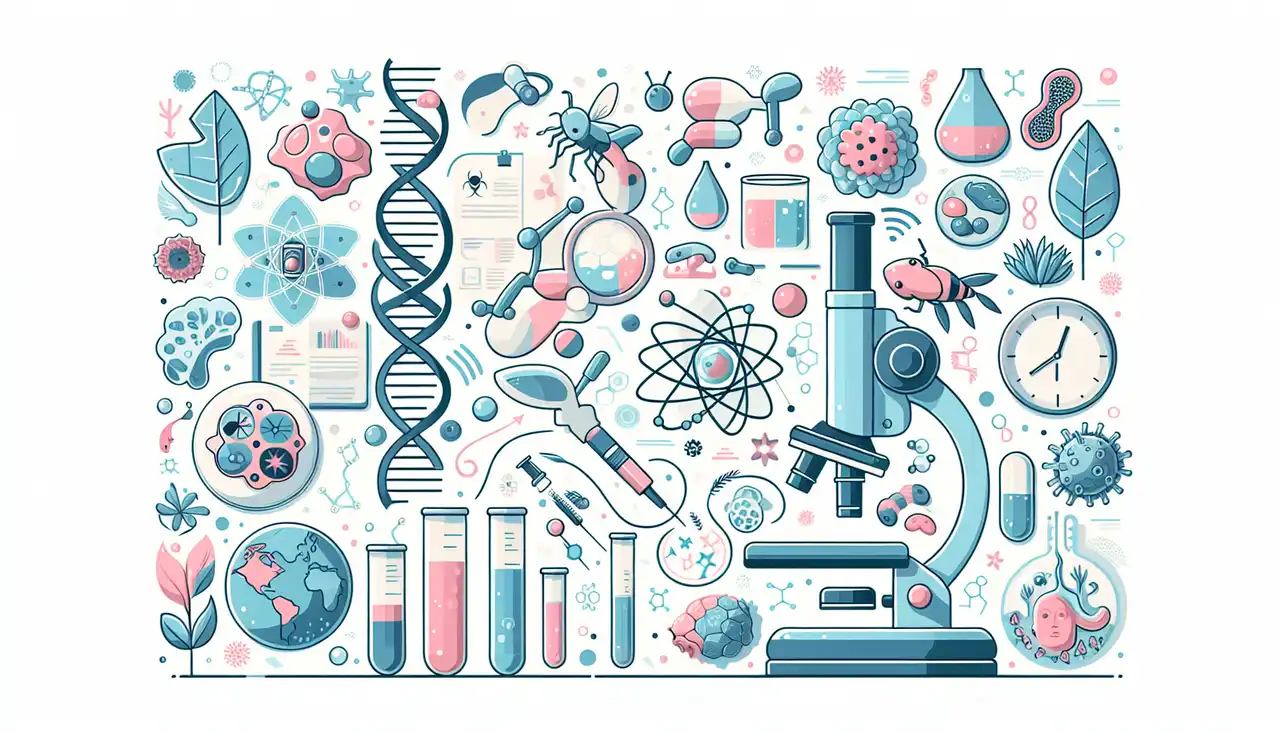

Amani Webber-Schultz
Exploring transformative approaches to marine biology and diversity in STEM, Amani Webber-Schultz is a Ph.D. student at the New Jersey Institute of Technology, where she delves into the intricate world of shark science. Her research is particularly focused on the biomechanics of shark tails and the morphology of their scales, areas that hold significant potential for advancing our understanding of these fascinating creatures. Amani's work is not just about uncovering scientific truths but also about reshaping the public's perception of sharks, which are often misunderstood and misrepresented. Amani's passion for marine biology is matched by her commitment to promoting diversity within the scientific community. Recognizing the barriers faced by gender minorities of color in accessing research opportunities, she co-founded the nonprofit organization Minorities in Shark Sciences (MISS) in 2020. MISS is dedicated to providing fully funded research experiences to those who might otherwise be excluded due to financial constraints. Under her leadership, the organization has flourished, amassing over 400 members from 30 countries and raising $500,000 to support its mission. The impact of MISS extends beyond financial support; it has significantly expanded field research opportunities on a global scale. Amani's vision for the organization includes not only supporting aspiring researchers but also engaging with younger audiences through K-12 education initiatives. By fostering an early interest in marine sciences, she hopes to inspire the next generation of scientists and conservationists. Amani's collaborative spirit is evident in her partnerships with global entities such as National Geographic. These collaborations are instrumental in broadening the reach of her work and amplifying the message of diversity and inclusion in STEM fields. Through these efforts, she is helping to create a more equitable and inclusive scientific community. In addition to her research and advocacy, Amani is actively involved in academic and public discourse, frequently presenting her findings at conferences and engaging with the media to raise awareness about the importance of shark conservation. Her work has been recognized for its innovative approach and its potential to drive meaningful change in both scientific understanding and public engagement. Amani Webber-Schultz's journey is a testament to the power of combining scientific inquiry with social advocacy. Her dedication to both her research and her mission to diversify the field of marine biology is paving the way for a more inclusive future in science. As she continues her studies and expands the reach of MISS, Amani remains a beacon of inspiration for those who aspire to make a difference in the world of science and beyond.